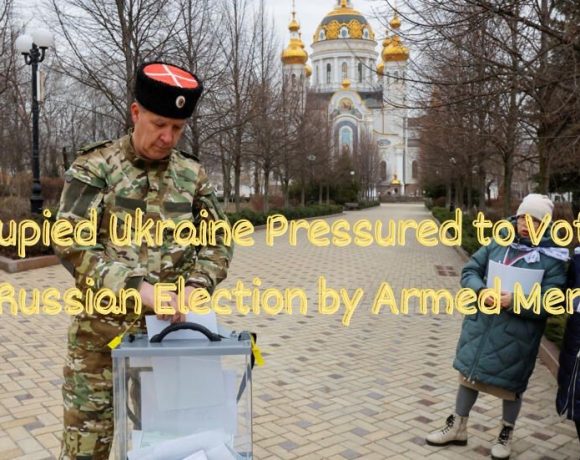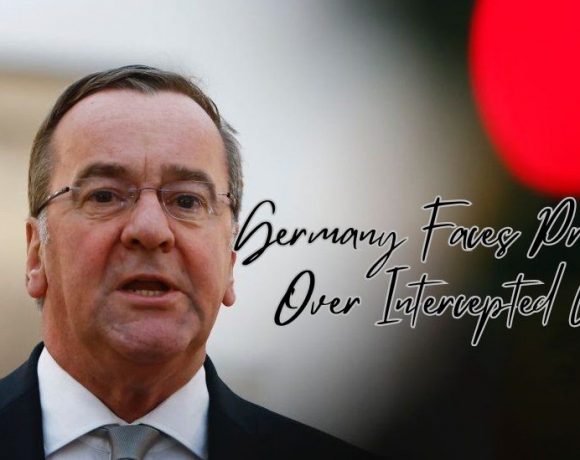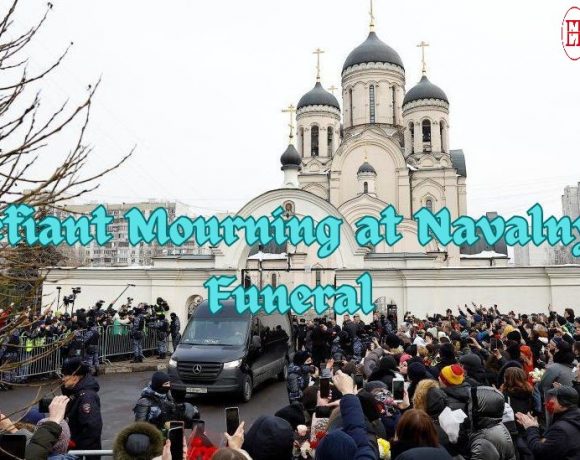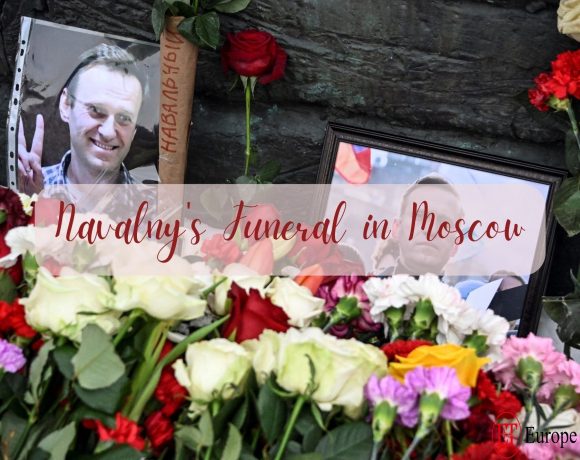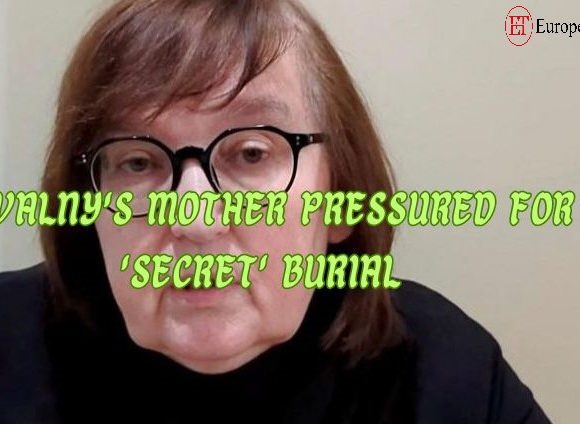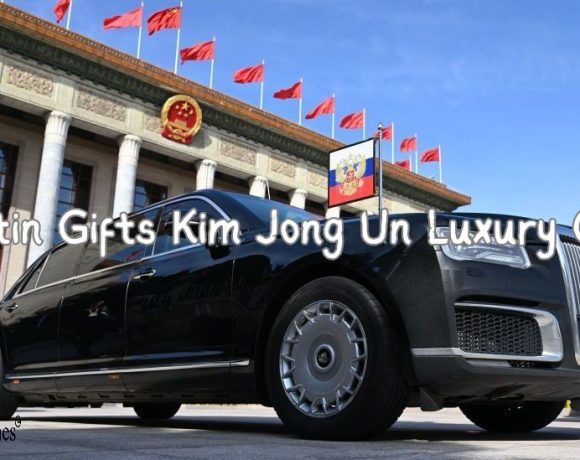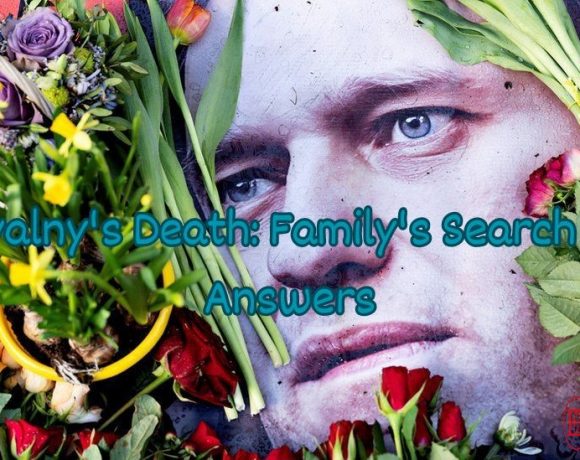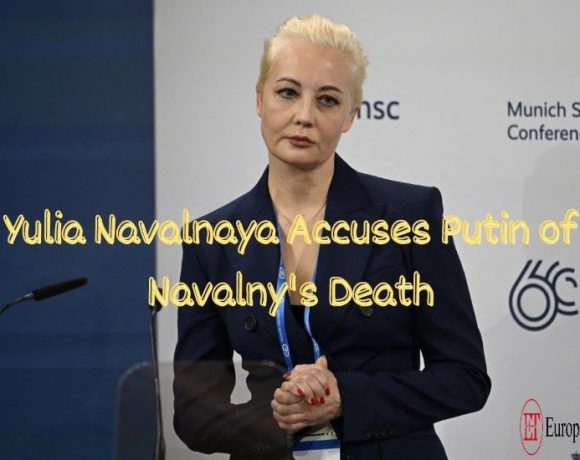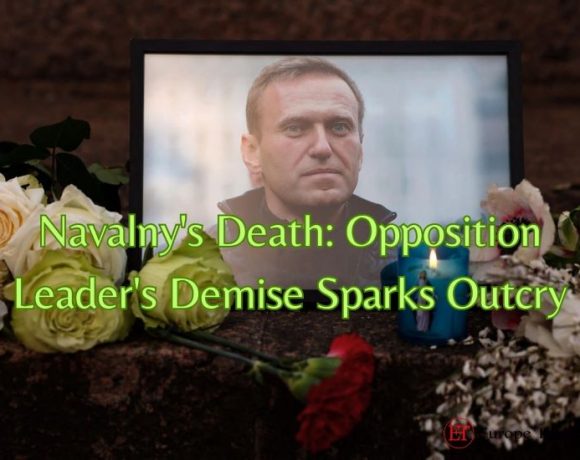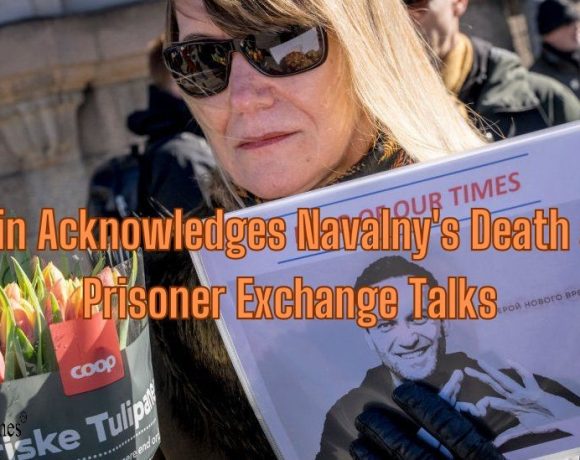
Vladimir Putin, known for his reluctance to address his main opponent in Russia directly by name, notably changed his approach following the death of Alexei Navalny. After securing his fifth term as president, Putin acknowledged Navalny’s passing, describing it as a sorrowful event. He also hinted at a potential agreement for Navalny’s involvement in a prisoner exchange.
Navalny’s associates allege he was murdered while in custody in an Arctic jail by Russian authorities, whereas official Russian sources attribute his death to natural causes. US President Joe Biden condemned Putin’s regime, characterizing Navalny’s demise as further evidence of Putin’s brutality.
Putin recently disclosed that prior to Navalny’s death, he had been informed of a proposed swap involving individuals detained in the West. Putin claimed he had agreed to the swap on the condition that Navalny remained outside Russia, but the plan did not materialize due to unforeseen circumstances.
Some observers interpret Putin’s remarks as an effort to distance himself from Navalny’s death, while others see it as a sign that Putin no longer perceives Navalny as a significant threat. Previously, Putin had rarely mentioned Navalny by name, arguing that he was just one among many opposition figures.
Navalny’s associates assert that Putin’s recent acknowledgment of Navalny’s name signifies a shift in his stance, indicating that Putin no longer feels the need to avoid mentioning him. However, critics view Putin’s comments with skepticism, considering them as attempts to downplay his involvement or responsibility in Navalny’s demise.
The circumstances surrounding Navalny’s death are intertwined with discussions of a potential prisoner swap, allegedly involving Navalny and individuals held in the West. Despite Putin’s acknowledgment of the proposed exchange, the Kremlin has not officially confirmed these negotiations. Additionally, Putin has refrained from directly naming Vadim Krasikov, a Russian hitman implicated in a high-profile murder in Germany, despite allusions to his involvement.
Overall, Putin’s remarks and the events surrounding Navalny’s death underscore the complex dynamics of Russian politics and international relations, with lingering questions regarding accountability and justice.
Picture Courtesy: Google/images are subject to copyright

